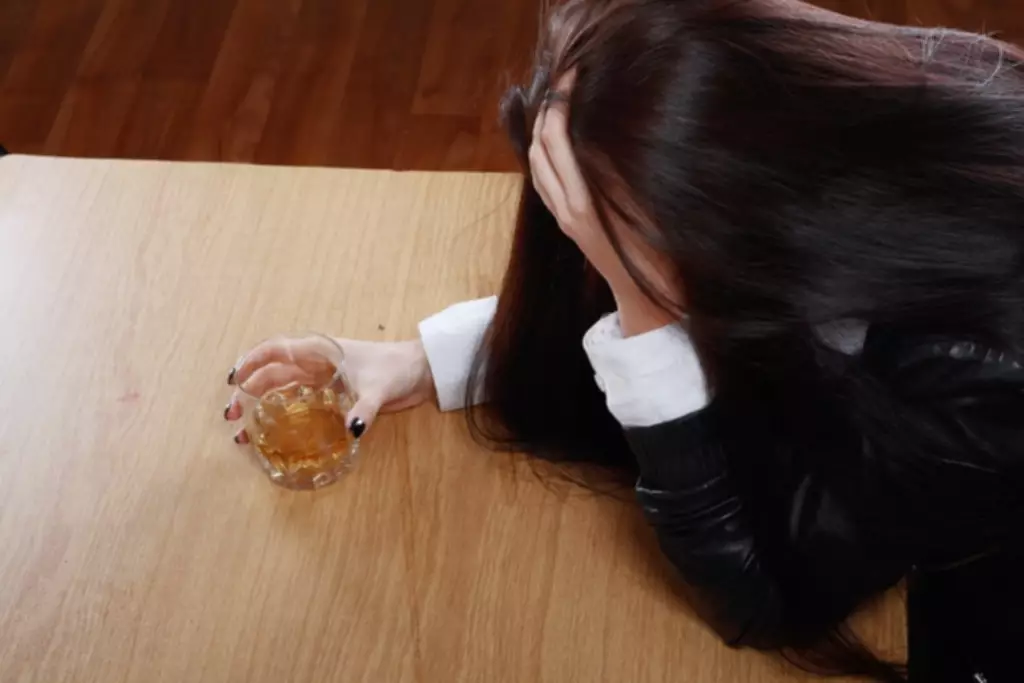The subgroup reporting risky drinking also had modestly increased depression. Heavy and long-term drinking can put significant strain on the body, leading to an increase in the stress hormone cortisol.6 Because of its role in our “fight-or-flight” response, increased levels of cortisol can cause feelings of chronic stress. This continual state of “high alert” can also affect your serotonin levels, increasing depression. People with AUD have a heightened risk for depressive disorders, which are the most common co-occurring psychiatric disorders for this population.
- Either way, strong mental health support makes a big difference in overcoming depression and alcohol.
- More knowledge about optimal treatments for co-occurring AUD and depressive disorders is needed.
Symptoms of depression
You came to this page because you wanted to know about the relationship between alcohol and depression. These feelings of worthlessness and shame have a way of feeding off one another, which in turns causes more drinking. It can be a never-ending cycle that ultimately brings you to a very dark and desolate place. To make a long story short, depression becomes worse when you feel ashamed about your drinking behaviors. What’s unfortunate is that the lack of physical activity causes a person already struggling with issues of low self-esteem and/or body image issues to feel worse.
Treatment of Co-Occurring AUD and Depressive Disorders

Taking some time for productive relaxation can also help ease feelings of depression. If you wake up feeling miserable after a night of drinking, you don’t have to wait it out. Here are a few strategies to help you lift your spirits in the moment. When you regularly turn to alcohol to manage challenges and negative feelings, you may not take other actions that could help you address those problems effectively. It’s more likely to worsen negative mood states, along with physical health.
Off-label treatment for alcohol use disorder is linked to slower liver decline, study suggests
All the Reasons You Shouldn’t Drink When You’re Depressed – VICE
All the Reasons You Shouldn’t Drink When You’re Depressed.
Posted: Wed, 20 Jun 2018 07:00:00 GMT [source]
Existing research indicates that depression can cause alcohol overuse, and alcohol overuse can cause depression. On the other hand, both conditions also share certain risk factors, such as genetics and social isolation. Having either depression or alcohol https://ecosoberhouse.com/ use disorder increases your risk of developing the other condition. When women consume even moderate levels of alcohol, their risk for various cancers goes up, including digestive, breast and pancreatic cancer, among other health problems – and even death.
- If you have certain conditions, including depression, you could be at an increased risk of getting alcohol use disorder.
- “Cells are living beings, and if you want to fix the issue of depression at the level of the cells, they cannot be inebriated,” says Taylor.
- Repeated episodes of drinking and drunkenness, coupled with withdrawal, can spiral, leading to relapse and reuse of alcohol.
- “Alcohol makes us feel drunk and confused because alcohol makes the cells drunk and nonfunctional.”
- Alcohol use disorders may be mild, moderate, or severe, depending on the combination of symptoms you’re experiencing, but drinking problems can exist regardless of a clinical diagnosis.
- Alcohol can affect several dozen neurotransmitters and receptors, making understanding its mechanism of action in the brain complicated.
For example, having a family member with an alcohol use disorder is a risk factor for both depression and alcohol use disorder. Emerging research has found that there is a genetic link between AUD and depression. Excessive alcohol drinking can also cause problems socially, such as issues with family, school, employment, and friends.
These clinics can help someone go through the withdrawal process with medical supervision. People with depression can alcohol make depression worse frequently lose interest in activities that once brought them joy like hobbies and social events.
Is It Genes or Lifestyle?
In the absence of the data necessary to establish recommended drinking levels for depressed patients, clinicians may need to conduct an idiographic assessment to determine the potential influence of alcohol use on depressive symptoms for a particular patient. Brief motivationally focused interventions to reduce heavy alcohol use have been well validated in a variety of patient populations and offer the promise of improving depression treatment outcomes among heavy-drinking patients. Such interventions could be readily integrated into depression treatment in a variety of treatment settings. For many depressed patients, drinking may interfere with the successful treatment of their depression. Even among patients whose alcohol use does not rise to the level of an alcohol-use disorder, drinking can have a deleterious effect on depression and depressive symptoms and may dampen the impact of treatment for depression. However, subclinical drinking may not be addressed during the course of psychological or psychiatric treatment for depression.
The NHS website, Every Mind Matters, has advice on how to access support and treatment for depression in England. This includes options for NHS support, links to charities, helplines and communities, and tips on self-care. Physical symptoms can include changes in appetite or weight (usually decreased, but sometimes increased), lack of energy, low sex drive and disturbed sleep.
- On the other hand, both conditions also share certain risk factors, such as genetics and social isolation.
- Kitley continues to use this fellowship as a resource while working on her sobriety.
- If your symptoms of depression continue, speak to your GP for help.
- Research shows that people who drink alcohol are more likely to develop mental health problems.
- Selective serotonin reuptake inhibitors (SSRIs) are among the most popular, and often help to lift a person’s mood.

